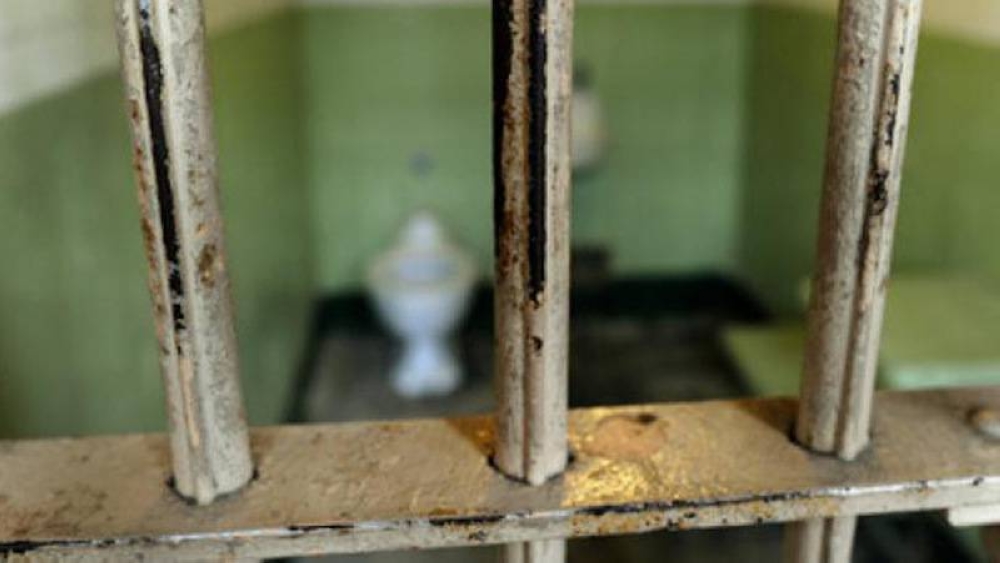OCTOBER 9 — A prisoner is a person, whether convicted or not, who is under confinement in a prison, and includes a convicted prisoner released on parole — Section 2 Prisons Act 1995 (Act 537).
Section 26(1) of Act 537 states that a prisoner –
(a) confined in a prison shall be deemed to be in the lawful custody of the Office in Charge of the prison;
(b) shall be subject to prison discipline and to all written laws relating to prisons or prisoners and to the Commissioner General’s Standing Orders during the period of his imprisonment, whether or not he is within the precincts of a prison; and
(c) while in the custody or under the control of a prison officer –
(i) when being taken to or from a prison;
(ii) whenever he is working outside a prison; or
(iii) is otherwise beyond the limits of the prison,
shall be deemed to be in prison and shall be subject to all the same incidents as if he were actually in prison.
Simply put, a prisoner is in the lawful custody of the prison authority and subject to prison discipline, laws and standing orders.
The prisoner is also deemed to be in prison wherever he or she is and remains subject to the same discipline, laws and standing orders.
That is why a prisoner who is in court and therefore “beyond the limits of the prison”, he or she remains in the lawful custody of the prison authority whose officer in charge must provide for the prisoner’s safe custody — Section 30(2) Act 537.

In the first place, the prisoner is in court pursuant only to a court’s order because the prisoner’s presence is required in the court having the jurisdiction — civil or criminal jurisdiction.
The court is empowered to issue such an order by reason of Section 31(1) Act 537. The order is addressed to the prison authority who is required to produce the prisoner at the time and place to be named in the order.
So, even the courts must be properly empowered by law. The courts, it is said, are creatures of statute and may only exercise the powers conferred on it by the law.
What if the prisoner is an elected representative — and yet to be disqualified — who wishes to be in the legislative assembly or elsewhere to fulfil his or her duties to the assembly and constituency?
The prisoner then is subject to the requirement under Section 31(1)(a) Act 537 which allows the Commissioner General of Prison, on being satisfied “that there are reasonable grounds requiring the presence of the prisoner at any place in Malaysia” to issue an order in writing, directing that the prisoner be taken to that place.
The prisoner, however, remains in lawful custody of the prison authority — Section 31(2) Act 537.
Prisoners are under lawful custody of prison authority. They are deprived of their personal liberties in accordance with the law — Article 5(1) of the Federal Constitution. The deprivation is necessitated by the fact of their incarceration.
This is recognised by the United Nations “Basic Principles for the Treatment of Prisoners”, adopted and proclaimed by General Assembly resolution 45/111 of December 14, 1990.
* This is the personal opinion of the writer or organisation and does not necessarily represent the views of Malay Mail.





















